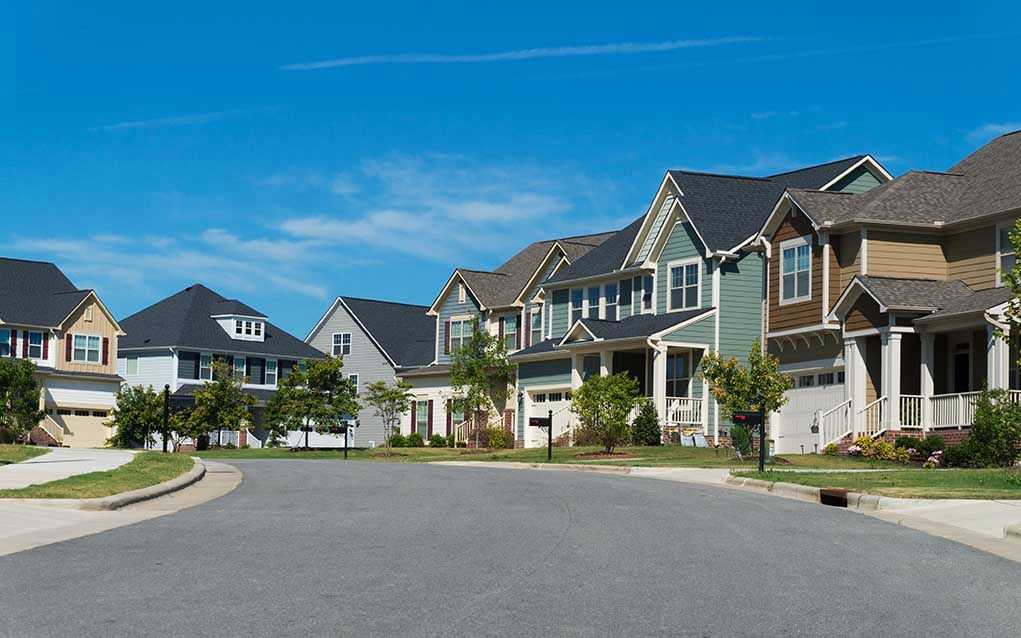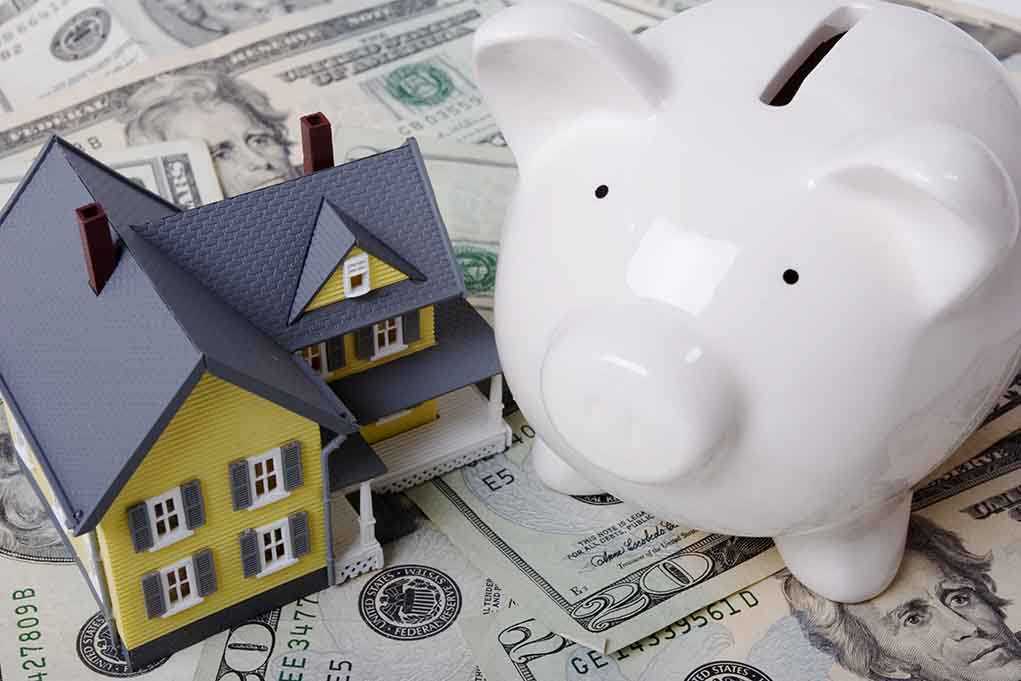
Homeowners are increasingly abandoning traditional home improvements to leverage their equity for wealth-building investments, potentially putting their homes at risk while pursuing higher returns in an uncertain economic climate.
Story Overview
- Rising home values prompt homeowners to explore equity-based investment strategies beyond renovations
- Multiple financing options available including HELOCs, equity sharing, and cash-out refinancing
- Financial experts warn of significant risks when using home as collateral for investments
- Limited equity amounts force creative approaches to property investment and wealth building
Equity Access Options Expand Beyond Traditional Lending
Homeowners now have unprecedented access to their home equity through various financial products designed for investment purposes. Home Equity Lines of Credit (HELOCs) offer revolving credit with variable rates, making them suitable for ongoing investment opportunities. Home equity loans provide lump-sum payments with fixed rates for one-time investments. Cash-out refinancing replaces existing mortgages with larger ones, providing substantial capital when interest rates remain favorable compared to current equity loan rates.
Alternative Financing Threatens Traditional Property Ownership Models
Home equity sharing companies like Point, Hometap, and Unison now offer cash payments in exchange for future home appreciation, eliminating monthly payment requirements. This model allows homeowners to access capital without traditional debt obligations but sacrifices potential property gains. These arrangements often include complex fee structures and terms that may disadvantage homeowners over time. The proliferation of such products reflects a shift away from traditional homeownership values toward speculative financial arrangements.
Investment Risks Amplify When Homes Serve as Collateral
Using home equity for investment purposes transforms the family home into collateral for potentially volatile investments, directly threatening housing security. Financial advisors consistently warn that investment failures could result in foreclosure, leaving families without their primary residence. The 2008 financial crisis demonstrated how over-leveraging home equity can devastate household wealth and community stability. Current market conditions, including rising interest rates and economic uncertainty, increase the likelihood of investment losses that could jeopardize homeownership.
Limited Equity Forces Risky Investment Strategies
Many homeowners discover their available equity insufficient for direct property purchases, forcing them toward higher-risk investment vehicles or complex partnership arrangements. This limitation often leads to margin loans using investment portfolios as collateral, creating multiple layers of financial risk. Personal loans offer another alternative but carry higher interest rates and shorter repayment terms that strain household budgets. These constraints push families toward financial products that prioritize immediate liquidity over long-term stability and traditional wealth-building approaches.
The trend toward using home equity for non-traditional investments reflects broader concerns about inflation, market volatility, and diminished confidence in conventional savings approaches. However, this shift abandons proven wealth-building strategies that prioritize home ownership and debt reduction in favor of speculative investments that could undermine family financial security.
Sources:
HELOC Alternatives – Better.com
Best Home Equity Sharing Companies – Money.com
Home Equity Loan Alternatives – Rocket Mortgage
3 Ways to Borrow Against Your Assets – Charles Schwab




